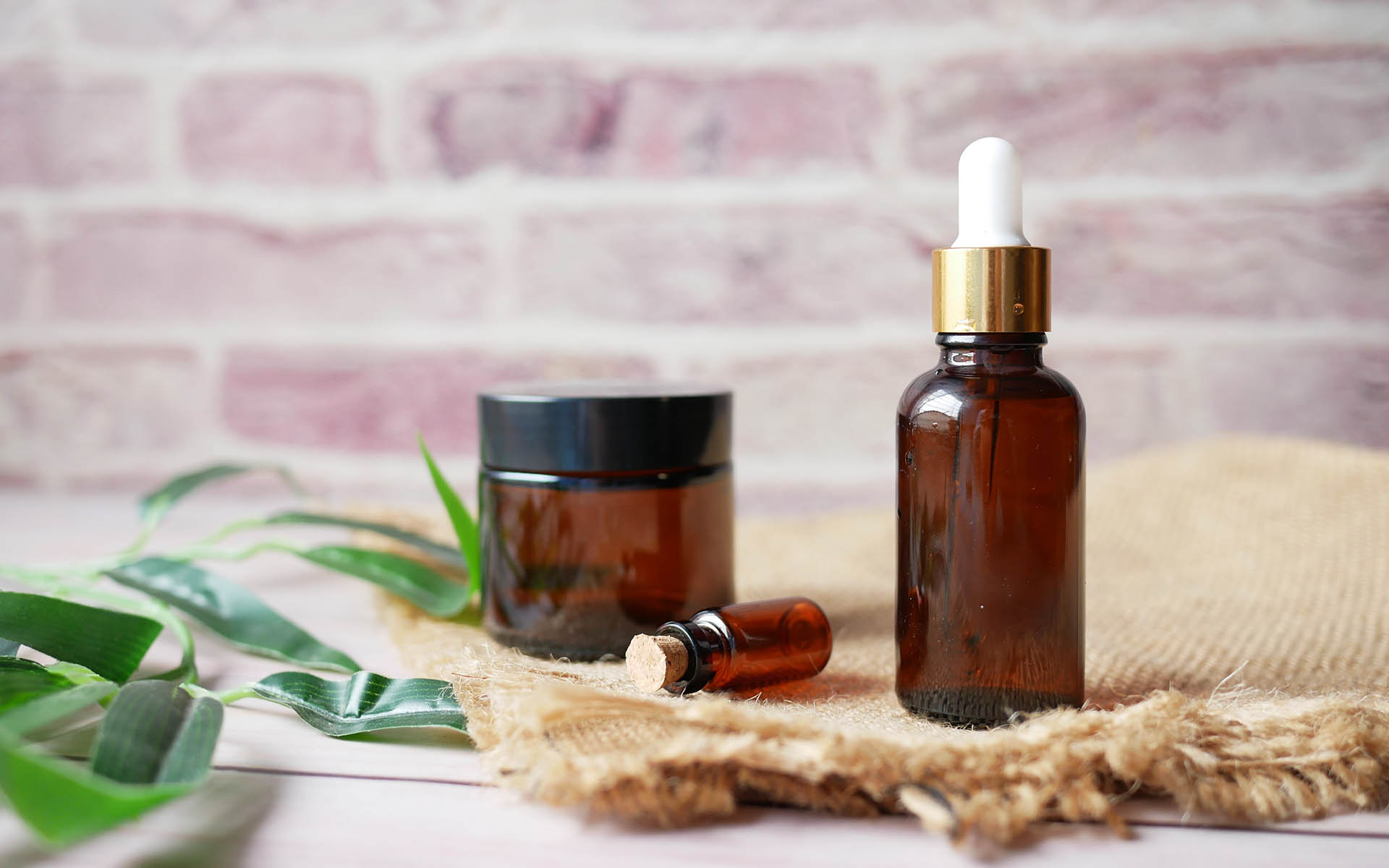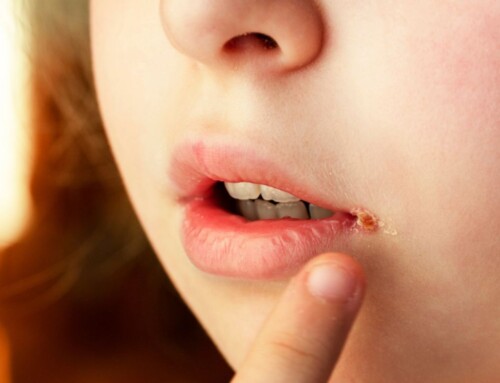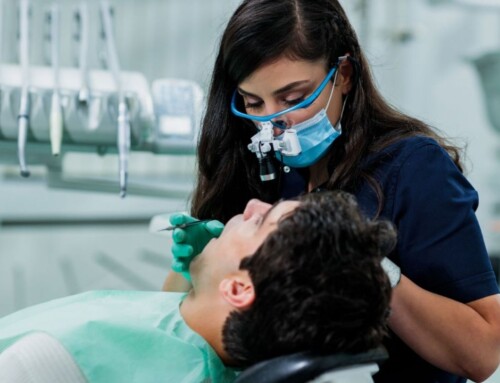
Essential oils are liquids derived from plants. They are typically used in diffusers to release their aroma or added to lotions and other products for topical application. The oils can be inhaled, ingested, or both, depending on the oil in question.
Essential oils may reach up to $12 billion in the global market by 2022, according to Grandview Research. Essential oil users often claim that the oils alleviate health issues like the common cold, flu, skin problems, and hormonal imbalances. Some also claim that essential oils help treat xerostomia or dry mouth. However, this begs the question, do essential oils really work to relieve dry mouth?
Essential Oils For Dry Mouth
Before we proceed with whether essential oils are a good solution for dry mouth, let’s discuss dry mouth first.
Dry mouth (xerostomia) is a condition where the mouth produces less saliva than usual. This can happen for several reasons, such as certain medications, cancer treatments, and dehydration. Dry mouth can also be a side effect of Sjogren’s syndrome, an autoimmune disorder that attacks the exocrine glands responsible for producing saliva.
Dry mouth can lead to numerous problems, such as an increased risk of cavities and gum disease, as well as difficulty speaking, chewing, and swallowing. Dry mouth can also be a very uncomfortable condition, causing dryness, cracking, and soreness in the mouth.
The Efficiency of Essential Oils
Essential oils in mouthwash might improve gum disease and plaque reduction when used as part of standard oral healthcare practices, according to a study by the Database of Abstracts of Reviews of Effects. However, there were no indications that essential oils offer benefits for dry mouth.
The Journal of International Society of Preventive & Community Dentistry published an article that states that lavender oil, eucalyptus, peppermint, and clove, may help prevent and cure oral disease due to their holistic properties.
Most essential oils have antibacterial, antifungal, and antioxidant properties. Although oils of eucalyptus and peppermint may be found in mouthwash, further study is required to see if natural oils are effective in treating oral problems.
Should You Use Essential Oils For Dry Mouth?
If you’re considering using essential oils to help with dry mouth, it’s important to speak with your dentist or healthcare provider first. This is because dry mouth can indicate an underlying health condition. Additionally, essential oils are not regulated by the Food and Drug Administration (FDA). As such, there is no guarantee of their safety or efficacy.
How To Remedy Dry Mouth
If you’re looking for a way to treat dry mouth, your best bet is to consult with your dentist or primary care provider. They will be able to help you determine the cause of your dry mouth and recommend the best course of treatment.
Here are a few things you can do at home to help relieve dry mouth symptoms:
- Sipping plenty of water to keep your mouth moist
- Chewing sugar-free gum or sucking on sugar-free hard candy to stimulate saliva production
- Sucking on ice lollies or ice cubes
- Avoiding tobacco products, as they can contribute to dry mouth
- Limiting your intake of caffeine and alcohol, as they can also contribute to dry mouth
- Practicing good oral hygiene by brushing and flossing regularly
- Using a humidifier to bring moisture into the space
- Avoid breathing through your mouth
- Using an alcohol-free mouthwash
Charlotte dentist Dr. K recommends consulting your dentist immediately if you suffer from dry mouth. If you’re suffering from dry mouth, essential oils might not be the solution for you but Dr. K recommends consulting your doctor before using essential oils.
Until then, there are other safe options available that can help relieve your symptoms. Talk to your dentist or primary care provider to find out what might work best.





